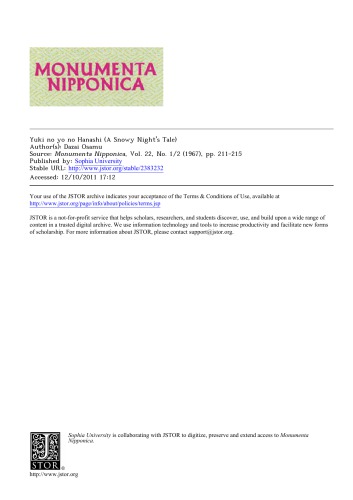
Making Haste from Babylon
The Mayflower Pilgrims and Their World: A New History
کتاب های مرتبط
- اطلاعات
- نقد و بررسی
- دیدگاه کاربران
نقد و بررسی

Starred review from January 18, 2010
This superb book secures for the Pilgrims their iconic perch among the earliest founders of colonial America. Bunker, a British investment banker turned journalist, has succeeded in writing a major history, unprecedented in its sweep, of the Plymouth Colony, a history centered on the 1620s but not exclusive to that decade. If short on interpretation and on the drama inherent in the settlers' enterprise, it is long on facts. Bunker takes his history in two directions, downward into some never before used archives (which allows him to add detail and texture), and outward into the entire world context of the Pilgrim settlements. Never before has such a comprehensive and thoroughly researched study of the subject appeared. If sometimes fatiguing by the volume of detail (e.g., in a disquisition on one settlement, directions to the site include “turn left at the Dunkin' Donuts”), it scoops up every relevant character and links all to the basic tale of indomitable courage, religious faith, commercial ambition, international rivalry, and domestic politics. The results are stunning. Certain to be the dominating work on the Pilgrims for decades. 20 illus., 4 maps.

Starred review from March 1, 2010
In his first bookand readers should hope it's not his lastBritish banker-turned-historian Bunker supplements existing scholarship with exhaustive original research and his own expertise on the English countryside to examine the roots and early days of the Puritan separatists, as they traveled from England to New England. Bunker focuses on the converging commercial, political, social, and, of course, religious motives that drove the Puritans to leave their homeland and build the second permanent American settlement. The author builds on settlers William Bradford's and Edward Winslow's firsthand accounts, filling in gaps and providing further and sometimes contradictory detail. He uses evidence from a variety of hitherto unexamined sources, including customs records, letters, and archaeological digs, to offer a thorough and vivid account of the Puritan experience that eschews sentiment and debunks popular mythologies. Bunker's Puritans are portrayed as entrepreneurs and political rebels as well as religious radicals, reluctantly emigrating only when their financial backing seemed secure and relations with King James had become intolerable. VERDICT This lively, richly detailed, and complex but clearly written book is highly recommended for academic and well-informed lay readers interested in tracing the beginnings of the Puritan story along new and fascinating paths. [See Prepub Alert, "LJ" 12/09.]Douglas King, Univ. of South Carolina Lib., Columbia
Copyright 2010 Library Journal, LLC Used with permission.

March 15, 2010
Those we call Pilgrims, some contemporaries called Brownists. The identity of a separatist named Robert Browne, and of numerous obscure historical figures whose influence resulted in the Mayflower voyage of 1620, attracted author Bunkers assiduous attention to British archives. Whether piecing together biographical traces of the ships captain, grandees of the English counties from which the Pilgrims emigrated, or the Pilgrims financial supporters in London, Bunker re-creates a dimension that serves as background in more traditional histories (such as Nathaniel Philbricks Mayflower, 2006), which focus on events after the Pilgrims landed. Not that Bunker neglects the precarious first years of the Plymouth colony and its critical alliance with the native sachem Massasoit; he rather expands the narrative to the course, over the 1620s, of transatlantic economic relations between the Pilgrims and the investors in their project. Lest anyone think Bunker reduces the Pilgrims to a business proposition, the author carefully attends to their religious motivation of establishing a purified Christianity in the New World. Including even ripples of international politics, Bunker constructs context that will intrigue history readers.(Reprinted with permission of Booklist, copyright 2010, American Library Association.)

























دیدگاه کاربران